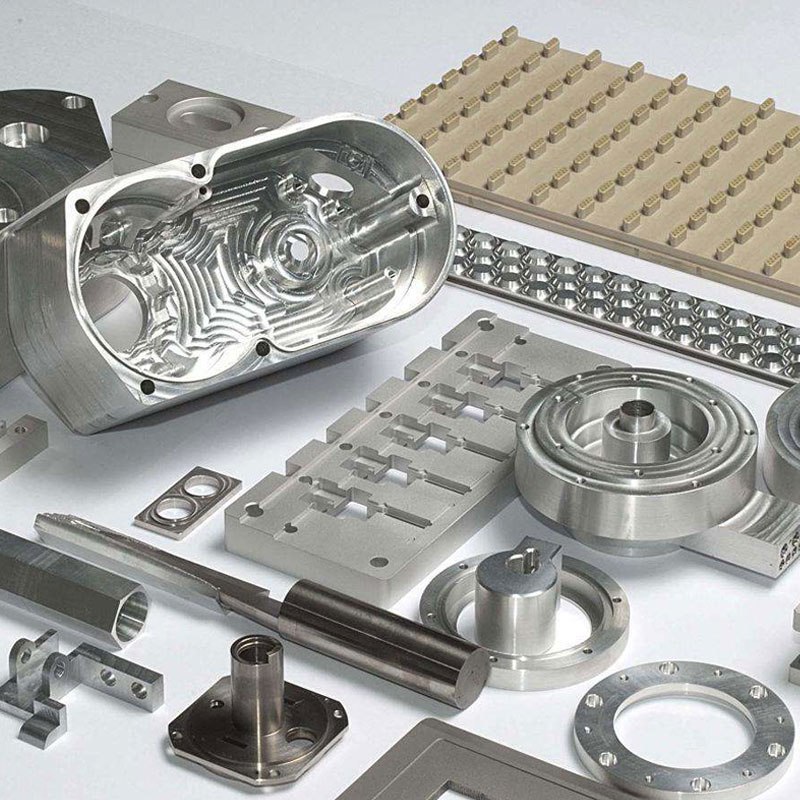In CNC machining, aluminum profile processing is common, such as screens and aluminum windows. It uses an extrusion molding process, that is, after the aluminum ingots and other raw materials are melted in the furnace, they are extruded through the extruder until the mold flows out, and it can also extrude various profiles.
The main properties, namely strength, hardness and wear resistance, are in accordance with the national standard GB6063. The advantages are: light weight is only 2.8, no rust, fast design change, low mold investment, and longitudinal extension of up to 10 meters. The appearance of aluminum profiles is divided into bright and matte. The treatment process adopts anodizing treatment, and the surface treatment oxide film reaches a thickness of 0.12m / m. The thickness of aluminum profile processing is selected according to the optimization of product design. It is not that the thicker the market, the better. It should be designed according to the cross-sectional structure requirements. It can be uneven between 0.5 and 5 mm. The layman thinks that thicker and tougher is actually a wrong view.
Aluminum profile processing is widely used in furniture: screen skeletons, various suspension beams, table legs, decorative strips, handles, cable troughs and covers, chair tubes, etc., can be kaleidoscopically designed and used!
The die-casting aluminum forming process is divided into:
- Die-casting
- Rough polishing to remove mold clamping material
- Fine polishing
On the other hand, the die-casting aluminum production process should only be made with molds. The cost of the molds is very expensive, which is higher than other molds such as injection molds. At the same time, mold maintenance is very difficult, and it is difficult to reduce the material and repair when the design is wrong.
Scope of application: table legs, shift fittings, decorative heads, aluminum profile processing seals, table tops and coffee table top holders, etc., the scope is very wide.
Stretching aluminum needs to be stretched, such as our common bottle caps, cans and lampshades, etc. Most of them are completely soft, and the professional term is called 0 state. The ductility is better, and most of them can reach 20-30%







